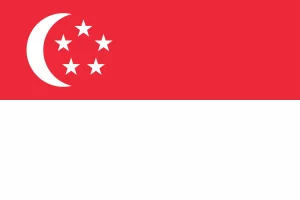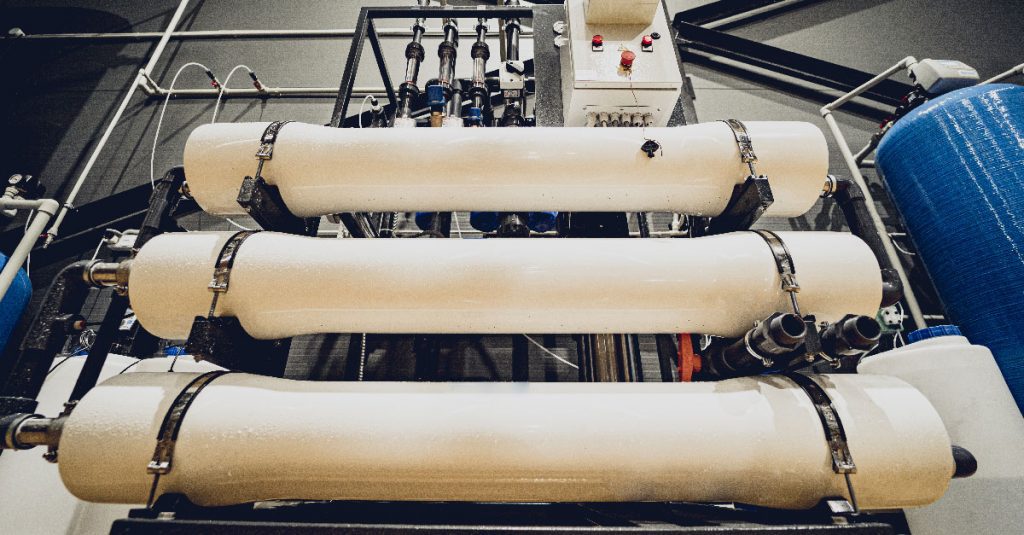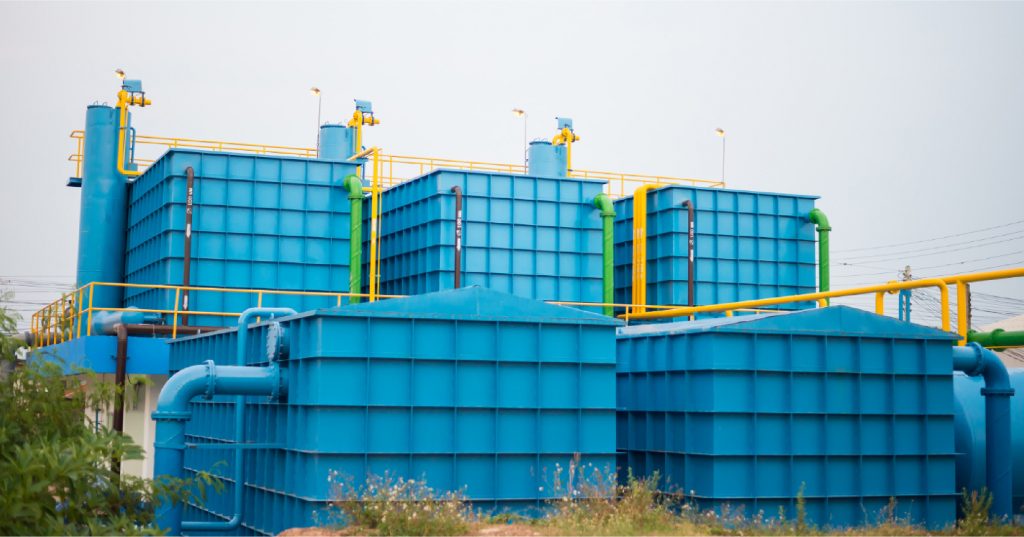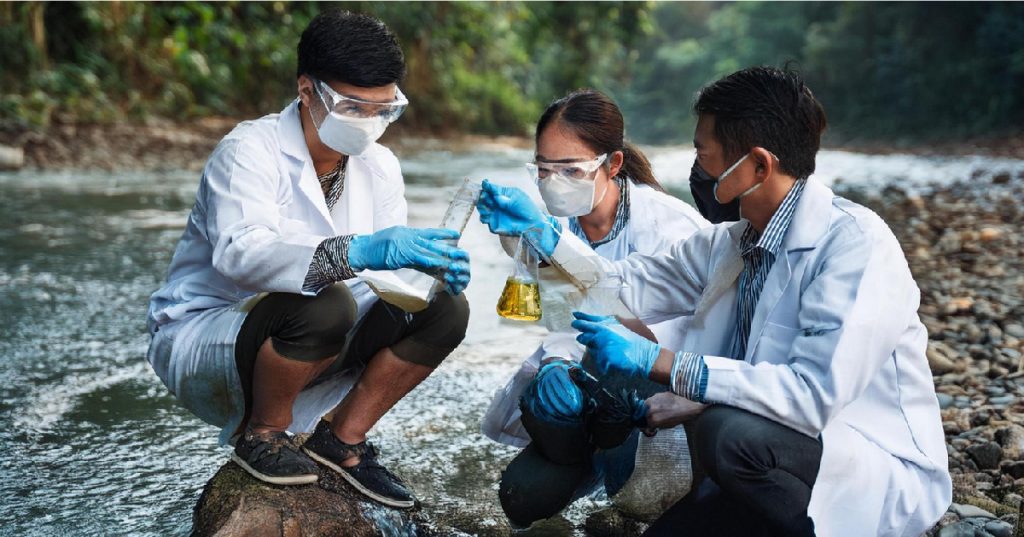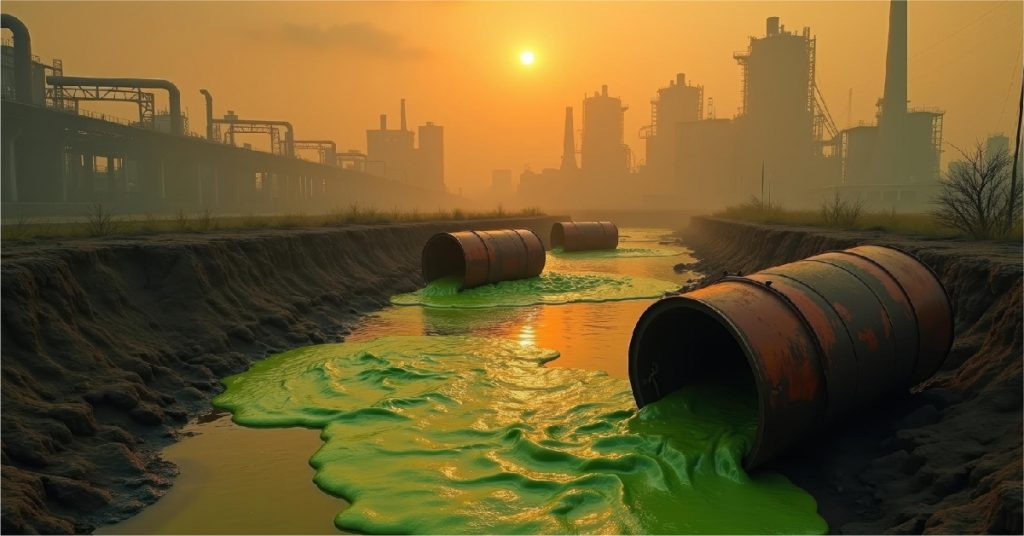Singapore, known for its limited natural water resources, has emerged as a global leader in sustainable water management. Industries in Singapore play a significant role in ensuring water sustainability by adopting advanced treatment technologies. Among these, the ultrafiltration process has gained immense popularity due to its efficiency, cost-effectiveness, and environmental benefits. This blog delves into what makes the ultrafiltration membrane process an ideal solution for industries in Singapore.
What Is the Ultrafiltration Process?
The ultrafiltration process is a pressure-driven membrane filtration technique that removes suspended solids, bacteria, viruses, and other impurities from water. It operates by forcing water through a semipermeable ultrafiltration membrane, which retains contaminants while allowing clean water to pass through. This process of ultrafiltration is widely used for pre-treatment, wastewater recycling, and industrial water purification.
Applications of Ultrafiltration in Singaporean Industries
The ultrafiltration process has versatile applications across various industries in Singapore:
- Food and Beverage Industry: In the food and beverage sector, maintaining high water purity is critical. The ultrafiltration membrane process removes contaminants, ensuring water meets stringent quality standards.
- Pharmaceutical Industry: The pharmaceutical industry requires water free from pathogens and impurities. The ultrafiltration process provides a reliable solution for producing ultrapure water.
- Electronics and Semiconductors: Singapore’s thriving electronics sector benefits from the ultrafiltration process, which ensures ultra-pure water necessary for manufacturing sensitive components.
- Wastewater Treatment: Ultrafiltration is a key component of wastewater recycling, enabling industries to treat and reuse water efficiently. The ultrafiltration process in wastewater treatment supports Singapore’s water sustainability goals.
Advantages of the Ultrafiltration Process
- Enhanced Water Quality: The process of ultrafiltration delivers superior water quality by removing contaminants effectively. It is especially useful for industries that rely on high-purity water for their operations.
- Cost-Effectiveness: With minimal chemical use and low energy requirements, the ultrafiltration membrane process is a cost-effective solution for industries looking to optimize water treatment costs.
- Minimal Maintenance: Ultrafiltration systems are designed for durability and require minimal maintenance, reducing downtime and operational disruptions.
- Environmentally Friendly: By enabling water recycling and reducing chemical usage, the ultrafiltration process supports sustainable practices, aligning with Singapore’s environmental objectives.
Meeting Singapore’s Water Treatment Needs with Ion Exchange
Ion Exchange is a leading provider of water treatment solutions in Singapore, offering a range of ultrafiltration systems designed to meet the diverse needs of its clients. The company’s expertise in water treatment ensures that each ultrafiltration system is tailored to the specific requirements of the application, whether it’s for residential, commercial, or industrial use.
HYDRAMEM – Ultrafiltration Membrane
It is a tangential flow, a pressure-driven process that effectively filters particles based on their molecular size. With pore diameters ranging from 10 to 200 Å (0.001 to 0.02 microns), ultrafiltration membranes allow solvents and smaller species to pass through, resulting in a purified ultrafiltrate known as permeate, while larger particles are retained and concentrated. These membranes are reusable and can be cleaned with standard chemicals, making them highly efficient for continuous use. Ultrafiltration in process water treatment ensures the removal of nearly all particulate matter, suspended solids, bacteria, viruses, pyrogens, and colloidal materials, including non-reactive silica, iron, aluminum, and high molecular weight organics, making it essential for pharmaceutical and industrial applications.
Conclusion
Ultrafiltration is a highly effective water treatment technology that has found widespread application in Singapore due to its numerous benefits. From providing high removal efficiency of contaminants to offering energy efficiency and low operational costs, ultrafiltration addresses the country’s water quality challenges. As Singapore continues to grapple with water scarcity and the need for sustainable solutions, ultrafiltration offers a promising pathway toward ensuring safe, clean, and reliable water supplies. Whether for urban, rural, agricultural, or industrial use, ultrafiltration membranes play a crucial role in supporting Singapore’s water treatment needs.
